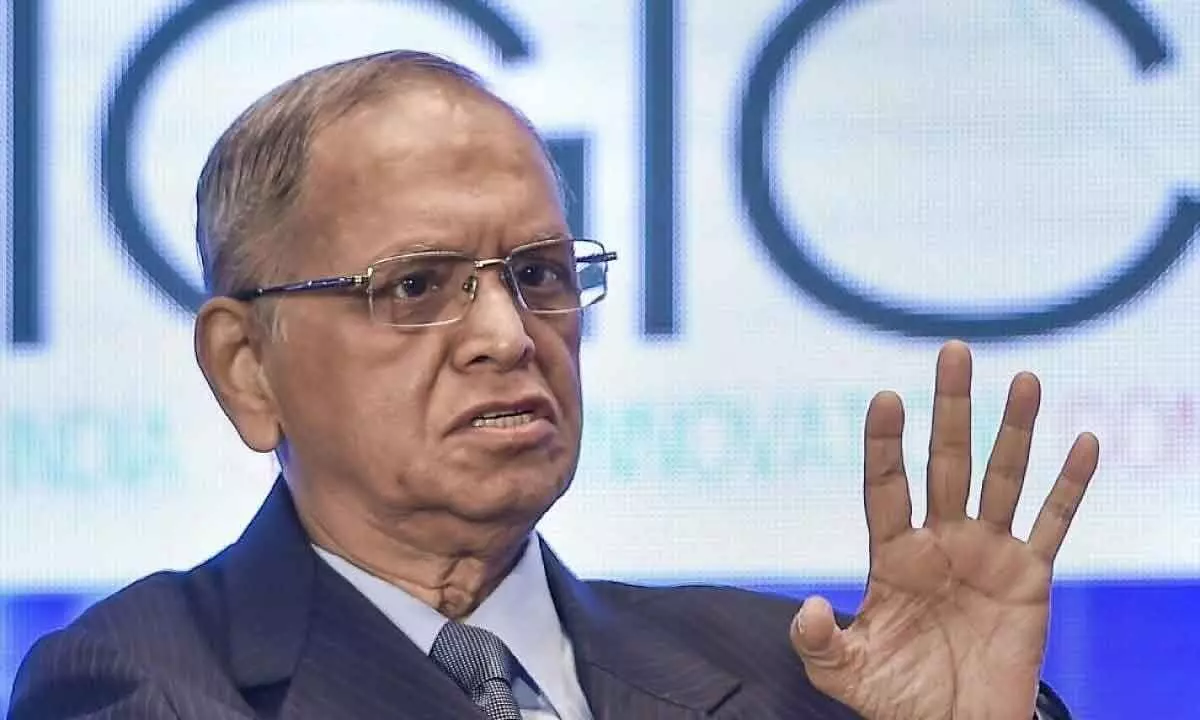Murthy’s 70-hr work week advice sparks debate among founders
Desai, Grover, and Sheth disagree with Murthy, citing work-life balance and productivity concerns; Aggarwal agrees with Murthy, calls for India to ‘go all in’
image for illustrative purpose

Infosys founder Narayana Murthy’s advice to youngsters in India, urging them to work 70 hours a week, has sparked sharp reactions from founders and leaders who said that while extended working hours can boost productivity, a balanced approach is equally necessary.
During a podcast, Murthy had said that if India wants to compete with developed economies that have made remarkable progress in recent decades, youngsters should work for 70 hours a week.
Reacting to Murthy's comment, Abhishek Desai, founder of CricHeroes, said that while extended working hours can boost productivity in certain contexts, “it’s equally vital to focus on work-life balance, employee well-being, and harnessing technology to enhance efficiency.”
“The success of countries like Japan and Germany is undoubtedly commendable, but we must also acknowledge that their work culture may not be entirely replicable in the Indian context," Desai added.
Former BharatPe Co-founder Ashneer Grover said that the public got offended at Murthy’s comment as the measure of work done still gets notified based on hours spent rather than the outcome.
"I think junta (public) got offended here because work is still being measured in ‘hours’ rather than ‘outcome’. The other thing is people feeling as if youngster’s laziness is the only thing keeping India from becoming developed,” he posted on X on Friday. Ola CEO Bhavish Aggarwal, however, agreed with Murthy's view.
“Totally agree with Murthy’s views. It’s not our moment to work less and entertain ourselves. Rather it’s our moment to go all in and build in 1 generation what other countries have built over many generations,” he posted on X.
According to Shrijay Sheth, founder of Legalwiz.in, working long hours does not necessarily translate into better work, bigger outcomes and higher returns for the company. "Primarily, it is about enhanced productivity and achieving the organisational goals. Especially for workforces in the Indian context, longer working hours may result in lower efficiency and, thus, impede the realisation of business objectives," he added.

